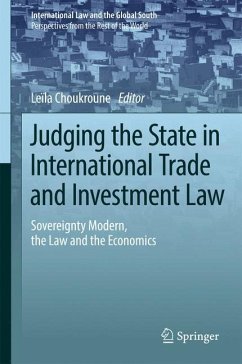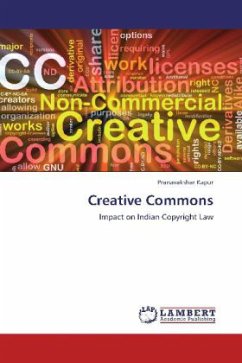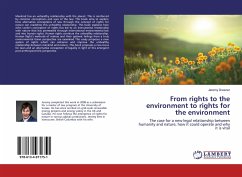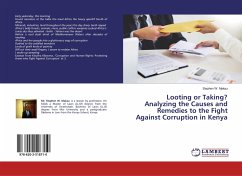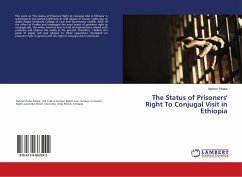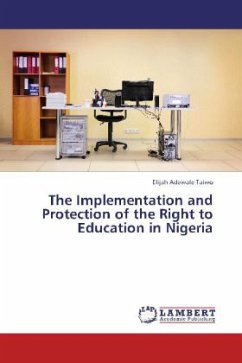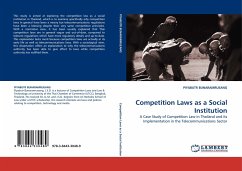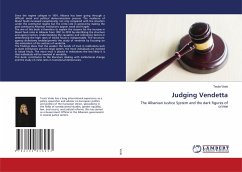
Judging Vendetta
The Albanian Justice System and the dark figures of crime
Versandkostenfrei!
Versandfertig in 6-10 Tagen
51,99 €
inkl. MwSt.

PAYBACK Punkte
26 °P sammeln!
Since the regime collapse in 1991, Albania has been going through a difficult social and political democratization process. The incidence of blood feuds increased exceptionally, not only compared with the situation under the communist regime but the crime rate in general by making the post-communist Albanian institutions appear weak and fragile. The aim of this book is therefore to explain the reasons for the increase in blood feud rates in Albania from 1991 to 2010 by identifying the structure and agency factors. Understanding the causation and restraining factors in determining the high rate...
Since the regime collapse in 1991, Albania has been going through a difficult social and political democratization process. The incidence of blood feuds increased exceptionally, not only compared with the situation under the communist regime but the crime rate in general by making the post-communist Albanian institutions appear weak and fragile. The aim of this book is therefore to explain the reasons for the increase in blood feud rates in Albania from 1991 to 2010 by identifying the structure and agency factors. Understanding the causation and restraining factors in determining the high rates of blood feuds is indispensable. The structure-agency dichotomy enables/permits the study of vendetta by focusing on the motivation of the authors of vendetta.The findings show that the weaker the bonds of trust in institutions such as state institutions and the legal system, the more individuals are involved in blood feuds. The more trust is placed in institutions the less likely it is that individuals will be involved in vendetta.This book contributes to the literature dealing with institutional change and the study of crime rates in transitional democracies.




